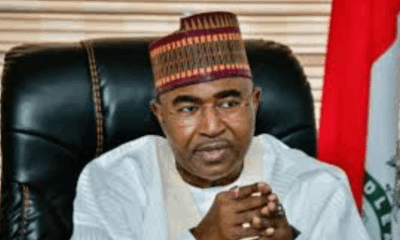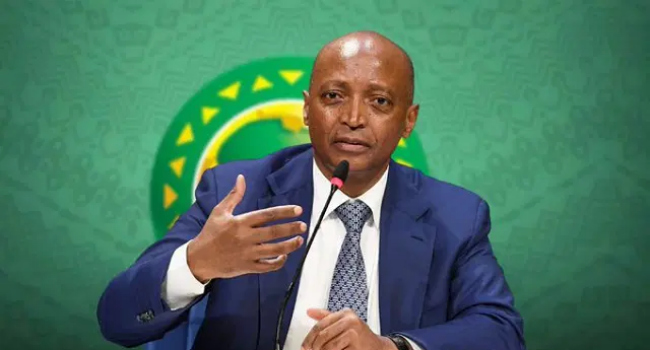BIG STORY
FG Asks National Assembly To Approve Fresh $1.2bn Loan From Brazil
-

 BIG STORY3 days ago
BIG STORY3 days agoObidient Movement’s Mobilisation Director, Morris Monye Resigns; Says Obi Doesn’t Care About Local Structure, No Financial Support
-

 BIG STORY5 days ago
BIG STORY5 days agoTinubu Sends Delegation To UK To Negotiate Ekweremadu’s Transfer To Nigeria
-

 BIG STORY1 day ago
BIG STORY1 day agoBREAKING: PDP Expels Wike, Fayose, Anyanwu, Others For Anti-Party Activities
-

 BIG STORY3 days ago
BIG STORY3 days agoPower Interrupted: Wike And The Naval Officer’s Quiet Defiance — By Babajide E. Ikuyajolu
-

 BIG STORY4 days ago
BIG STORY4 days agoWike’s Verbal Assault On Soldier Undermines National Security, He Must Apologise — Buratai
-

 BIG STORY3 days ago
BIG STORY3 days agoJUST IN: Federal Government Suspends Implementation Of 15% PMS, Diesel Import Duty
-

 BIG STORY2 days ago
BIG STORY2 days agoJUST IN: Tinubu Reappoints Marwa As NDLEA Chairman
-

 BIG STORY5 days ago
BIG STORY5 days ago$14.8m Probe: EFCC Puts Sylva On FBI, Interpol Watchlist






















